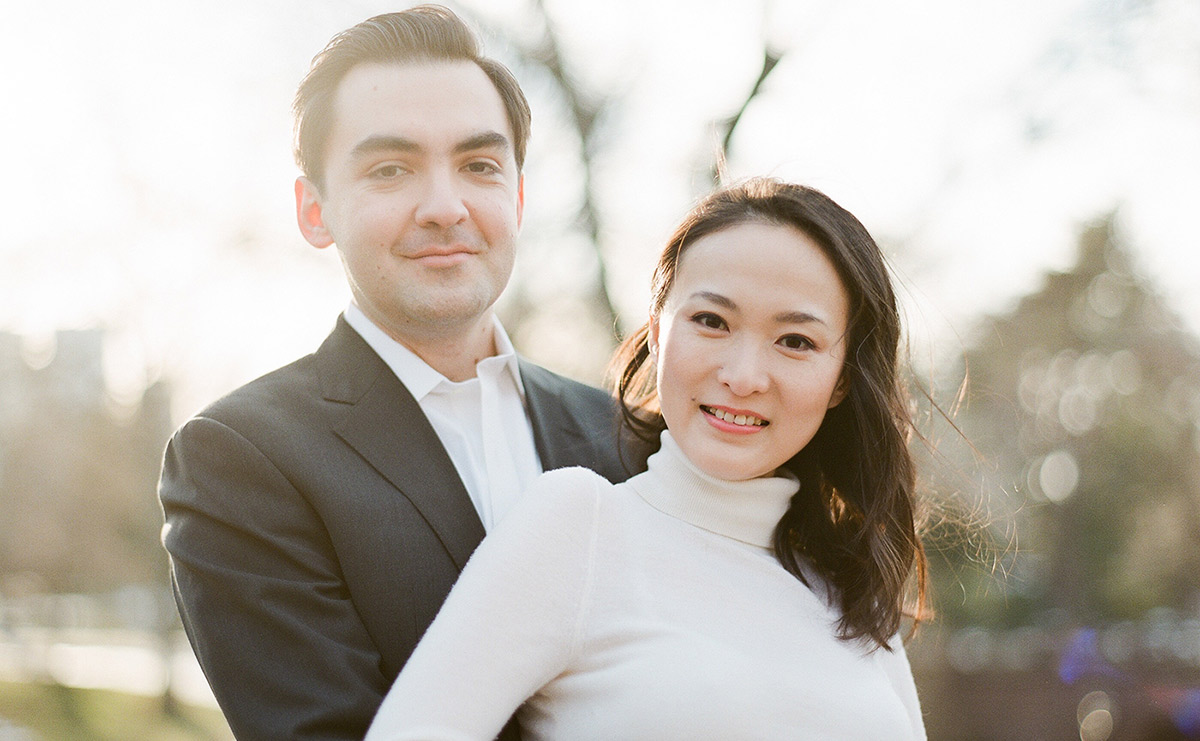Capital assets are resources that are used to create wealth for a business. Capital is reported in accounting as an asset. This is because a capital asset has a longer useful life than a year. However, the tax benefits of capital assets are limited. In some cases, capital may be a liability.
Capital assets are resources with a useful life more significant than a year
Capital assets are resources used by an organization to generate revenue. These resources can be intangible or tangible and may have a useful life of more than a year. They include land, buildings, infrastructure, and equipment. A capital asset policy outlines how a company should capitalize its capital assets and discusses the types of assets that fall under each category. Some examples include equipment, software, patents, and trademarks.
Most capital assets have a long life and are stationary. They are also accounted for at historical cost or estimated fair market value. The price will include all expenses incurred to construct, maintain, or install the asset. It also should consist of salvage/residual values.
They are a liability to the taxpayer
A capital asset is an asset that has a market value. Generally, this value is used to determine the tax liability. This amount is usually calculated using “mark-to-market” taxation, which values assets based on their current market price rather than the book value or the original sale price.
They are reported at their historical cost
Capital assets are reported at their historical cost to avoid overstating the value of an investment. Using the historical cost method prevents stretching the value of an asset, even if the asset’s price has appreciated due to volatile market conditions. For example, if a company buys its main headquarters for $100,000, it records the value of the land and building at that price.
Capital assets are often transferred within a government and can be shared between governments. They should be transferred at their current carrying value, including the original cost and the accumulated depreciation amounts. Whenever a government moves capital assets between governments, it must follow GASB Statement 48. In addition, they must comply with GASB Statement 69 when disposing of government operations.
Capital Assets and Liabilities are investments for businesses
When a business invests money, it is essentially securing a long-term source of income for the company. Such assets can include land, buildings, and machinery. These investments are different from routine business expenses like payroll. In addition, capital investments require large amounts of funds. This means that a business cannot use these funds for daily operations.
Capital investments can give a business a competitive advantage over its competitors. However, the downside of capital investments is that it requires a significant amount of money, increasing the cost of doing business. Moreover, financial institutions will charge interest on the money that a company borrows, which further increases the expense of operating a business. Another downside is that investing in a capital asset carries a high risk. If it fails, the company can experience a significant loss.
Capital Assets and Liabilities can be tax deductible
There are a variety of ways to deduct capital expenditures, including renovations. Renovations can include new plumbing and electrical wiring to rebuild business equipment. There are some exceptions, though. For example, home improvements such as installing carpet may not be eligible. To determine whether a renovation is capital-related, consult your tax advisor.
If the expenditure is made before April 19, 2014, a company may be eligible for a full deduction if it uses an expensing election or bonus depreciation. However, if the expenditure occurs after that date, it will have a lesser tax treatment. It will reduce taxable income and defer income tax.
Most small business expenses are deductible if they relate to a business’s operations. The IRS has specific rules for determining which costs qualify as capital expenditures. Generally, a company can deduct 100% of its expenses in the year they’re incurred, if necessary.
https://www.fuqua.duke.edu/alumni/mms-graduates-establish-new-scholarship
The 2024 calendar year is coming to a close! Make your tax-deductible gift to the Fuqua Annual Fund before 11:59PM ET on December 31 to be counted as one of Team Fuqua’s valued supporters!Skip to main content

Alumni Utility
Alumni Site Main Menu
mms graduates establish new scholarship
Cosmin Panait MMS ’11 and Lilian Yang MMS ’11 Support Future Fuqua Students

In a gesture of significant impact, Lilian Yang and Cosmin Panait have established the Cosmin Panait and Lilian Yang MMS Scholarship. Aiming to support international students in particular, the two graduates of Fuqua’s Master of Management Studies (MMS) Class of 2011 hope to attract the best and brightest from around the world.
“As we are both international students, we understand the job market can be tough, and coming to America is a big leap. We are hoping to give students the chance to feel less financial burden and allow them to rest easier throughout studying and finding a job—to know that they are supported by individuals other than their families,” Lilian said.
“We know the value of the MMS program and what you can achieve through it because we are living it. Through this scholarship, we want to help provide that opportunity to international students,” Cosmin agreed.
Driven by the transformative experience Fuqua had in their own lives, Cosmin and Lilian are grateful for this opportunity to help others choose Fuqua. Not only did they meet at Fuqua, but Cosmin got into his current business through a Fuqua graduate. “It’s been an incredible network, and I stay in close touch with many Fuqua alumni,” said Cosmin. He stays busy as the co-founder and managing partner of GPL Ventures while Lilian, formerly a VP at Citigroup, now oversees the new Cosmin Panait and Lilian Yang Foundation and focuses on their daughter, Olivia. Lilian also recently served on Fuqua’s Alumni Council.
For the past several years, both have supported the Fuqua Annual Fund as members of the Thomas F. Keller Leadership Donor Society. Now, their gift of $300,000 has established a restricted endowed scholarship to benefit international MMS students. A team room at Fuqua has also been named after them to honor their additional gift of $50,000 and celebrate their student experience.
“The continued success of the MMS program is fueled by the incredible support and engagement we see from alumni like Cosmin and Lilian,” said Dean Bill Boulding. “The school is strengthened by the diverse perspectives international students bring to the Fuqua community, and this amazing commitment allows Fuqua to remain competitive as a top destination for global talent.”
Throughout their student experiences, the MMS community surrounded Lilian and Cosmin with support in incredible ways. People sometimes ask whether the one-year MMS program is “enough” time, as in, “Is it enough time to build friendships, school spirit, memories, or to bond with people? The answer is yes. Our experience was one of the best years of our academic lives. Everyone was so tight-knit. It’s something you don’t see anywhere else,” Cosmin said.
It can be hard to convey that incredible experience and mindset on a website or in a pamphlet, which is why Cosmin and Lilian also love talking to prospective students about the MMS program.
“It’s different from the MBA experience,” Lilian said. “Many of my classmates came straight out of undergrad, and taking that passion and ambition—even just for a year—and bringing it together in one place creates a beautiful outcome.”
Compared to Fuqua’s other programs, the MMS curriculum is relatively new to the scene—its inaugural class graduated in 2010. Cosmin and Lilian are proud to boost MMS representation in the alumni community. “We were only the second class to graduate,” Lilian said. “We’re young, but MMS students and alumni have so much yet to give, as they’re still progressing through their careers and getting to where they want to be. Once they’re there, they’ll have that chance to reflect on the impact Fuqua has had on their lives and will be able to give back just like we are now,” Lilian said.
“It’s about the journey. Fuqua is so much more than just a prestigious school that you can say you attended. It is the people you get to know, the relationships you get to build, and knowing that when you leave the program you have this awesome, irreplaceable connection with others from your class,” said Cosmin.
“For us, Team Fuqua is family. It’s so valuable and so precious,” Lilian agreed. “So, when we talk about meaningful contribution, it’s the other way around. The honor is ours.”

Alumni
© Duke University’s Fuqua School of Business
Cosmin Panait on Revenue-Based Financing: A Smarter Way to Fund Growth
Share this post:
When it comes to funding a business, traditional options like equity financing or bank loans can sometimes create more challenges than they solve. Startups and fast-growing companies in tech or direct-to-consumer industries often find these methods limiting. They might strain cash flow or force founders to give up significant ownership stakes.
Cosmin Panait, co-founder of Blackbridge Investment Group (BIG) and Managing Partner at GenCap Management, advocates for a different solution: revenue-based financing (RBF). This innovative funding model is designed to help companies grow sustainably while keeping control in their hands.
“Revenue-based financing is a game-changer for businesses,” Panait explains. “It doesn’t saddle companies with rigid repayment schedules or require giving up equity. Instead, it adapts to how the business performs, linking repayments to revenue.”
What Is Revenue-Based Financing?
RBF is a flexible way for companies to access growth capital. Instead of a lump sum loan or equity stake, companies commit to sharing a percentage of their future revenues until a specific repayment goal is met. It’s a non-dilutive option, which means founders can keep control of their business while repayments adjust based on how much the company earns each month.
“RBF works by aligning with a company’s success,” Panait says. “When revenues go up, repayments rise. If revenues dip, payments decrease. It’s a lifeline for businesses with seasonal sales or those experiencing rapid, uneven growth.”
Real-World Examples: How RBF Fuels Growth
Many companies have successfully leveraged RBF to achieve sustainable growth without compromising ownership or cash flow. Here are three notable examples:
1. Boosting Valuation Before Equity Rounds: Doctor.com
In 2016, the healthcare tech company Doctor.com utilized RBF to enhance its sales and marketing efforts before a Series A funding round. This led to a significant increase in monthly revenue, putting the company in a stronger position to negotiate favorable investment terms.
2. Scaling Sales and Marketing: Shock Surplus
Automotive parts retailer Shock Surplus used RBF to purchase inventory directly from wholesalers. This strategic move resulted in multi-million-dollar annual revenue growth while allowing the founders to retain control of the company.
3. Managing Seasonal Demand: An E-Commerce Story
An e-commerce company with seasonal revenue spikes used RBF to stock inventory ahead of peak sales periods. The repayment structure allowed them to meet holiday demand without straining their budget, paying back the funds in proportion to their high-revenue months.
“These examples highlight RBF’s ability to adapt to each company’s unique growth patterns,” Panait notes. “It’s particularly well-suited for businesses that need agility and scalability.”
Why Revenue-Based Financing Is Gaining Momentum
The appeal of RBF is growing across industries, from e-commerce and SaaS to businesses with predictable revenue streams. According to Panait, RBF is the future of efficient, scalable financing. “At Blackbridge Investment Group, we’re committed to helping companies grow on their terms. RBF respects founders’ ownership while offering the financial flexibility they need.”
Industry leaders echo this sentiment. Miguel Fernandez, CEO of Capchase, states: “Companies are searching for funding methods that avoid equity dilution and restrictive debt. RBF is that solution.” Similarly, Clearco CEO Andrew D’Souza says: “Founders are increasingly drawn to non-dilutive capital options. RBF allows them to scale efficiently without giving up ownership.”
A Vision for the Future
With advocates like Cosmin Panait leading the charge, revenue-based financing is emerging as a powerful tool for companies seeking flexible growth solutions. By aligning capital with natural revenue cycles, RBF enables businesses to maintain control while scaling sustainably.
“At Blackbridge Investment Group, our goal is simple: to support businesses in achieving their vision—on their terms,” Panait concludes.
